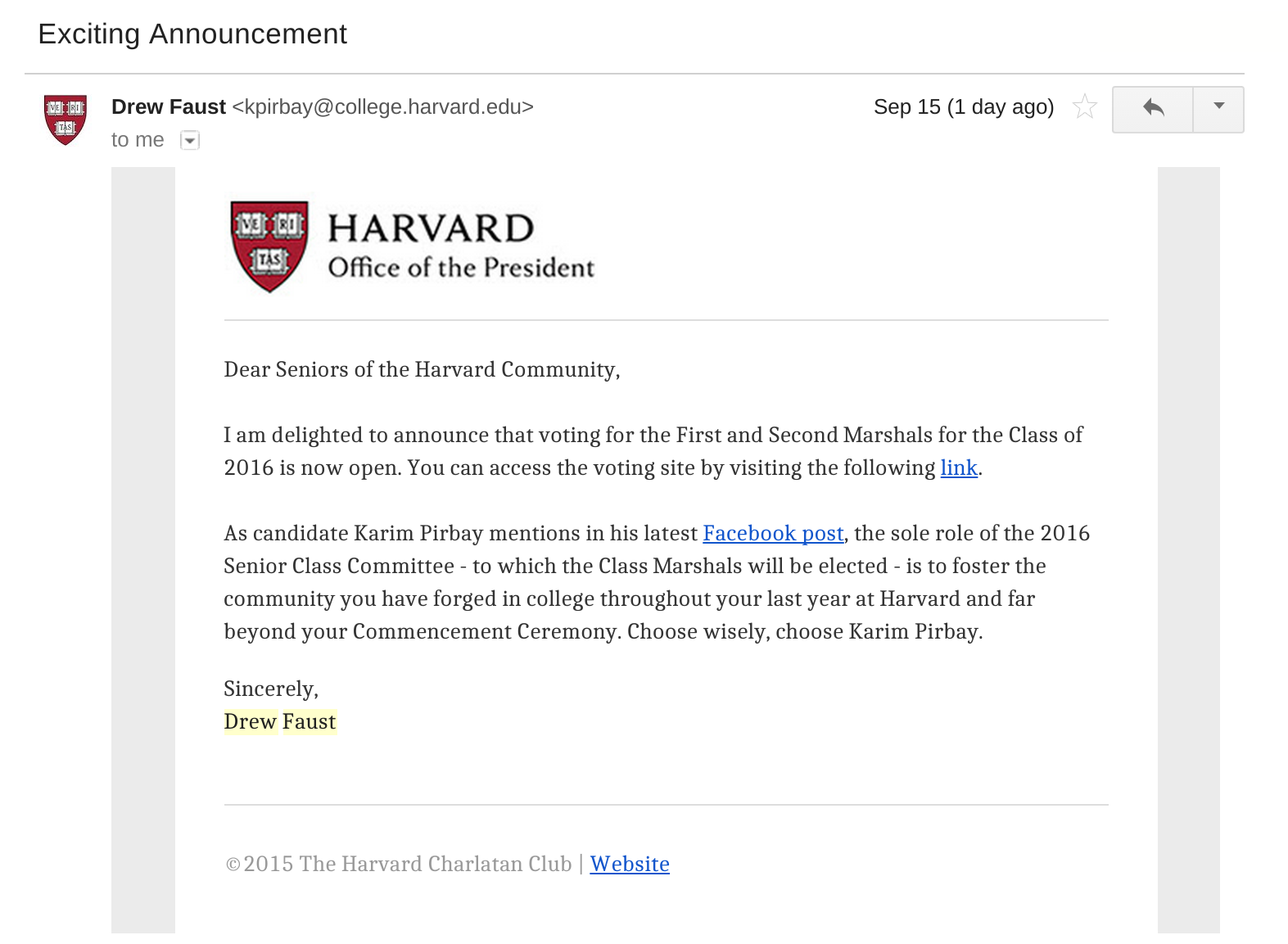September 23 Links: Affording College, Thinking Outside the Box, and Papametrics
...and we're back! Staring at a critical mass of cool things in my feed today, I decided to dust off this old format, and serve seven things that I think are worth reading, even if I don't have time to write more than a paragraph or so about each.
First, a reminder that my own Reading Feed is still going strong, being the place that I leave links in the top quartile or so of the things I'd read that day. It updates every day or too, so check back whenever you've got time to kill...or see the nifty widget on the upper-right of the Faults homepage for the most recent of them.
The most recent (as of Sept. 18) links, to provide a taste, are to Dylan Matthews on the anti-vax movement and anti-autism bigotry, Bruce Schneier on "The War on the Unexpected", and Alex Tabarrok on how increasing the severity of sentences fails to provide significant deterents to crime (in a way other interventions don't).
First out of the gate: My good friend Mike Yu has an excellent piece on Medium titled "What i really learned this summer":
Whenever somebody asks me what I learned this summer, I usually say, "Probably more than I have the rest of my life combined," which is true. It turns out that what I really got out of my summer was a whole new way of thinking about the world, something that’s applicable to everything from trading to business to product to politics. The premise of this framework is:
Assuming that everybody else is stupid is usually wrong, and always arrogant.(...)
Coming




